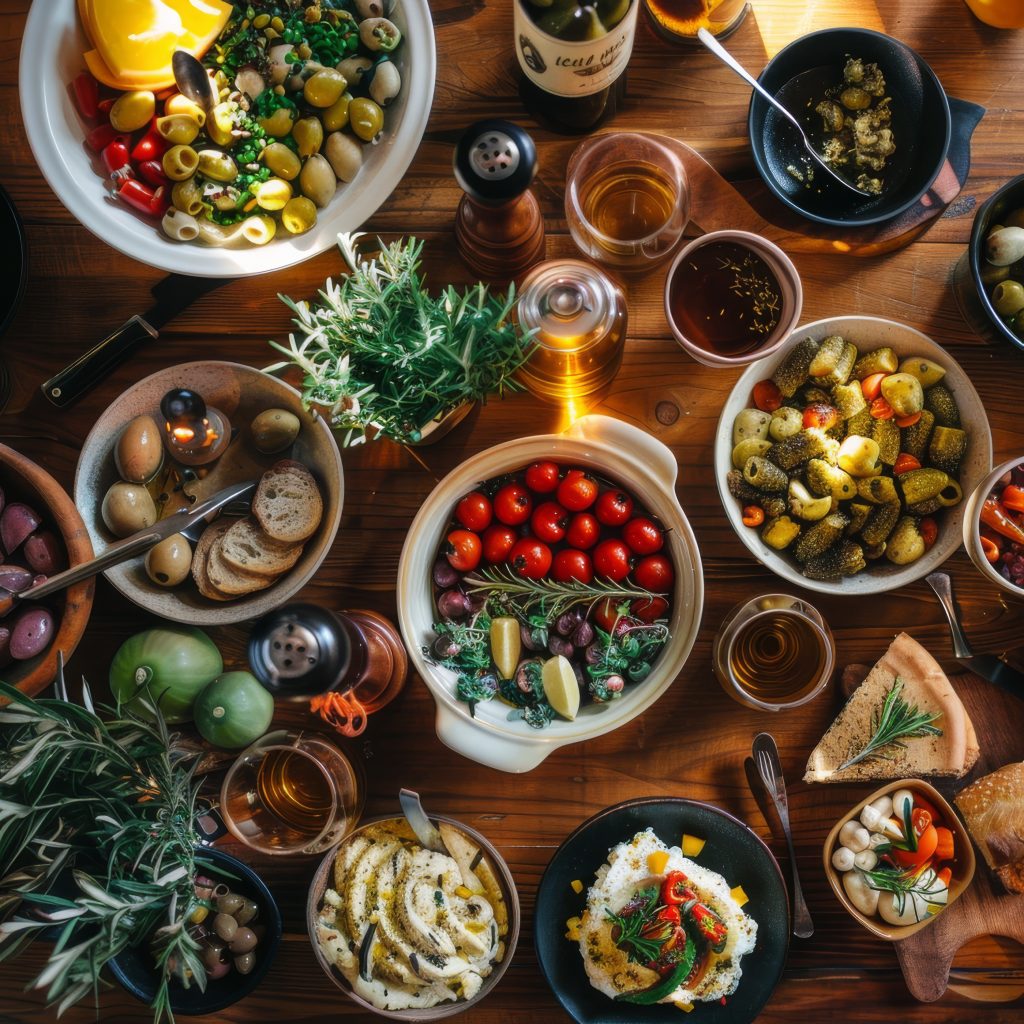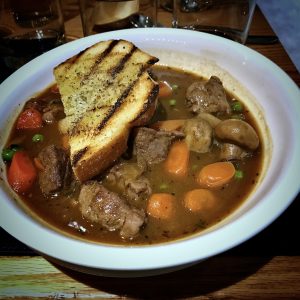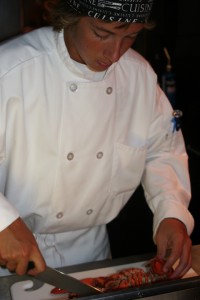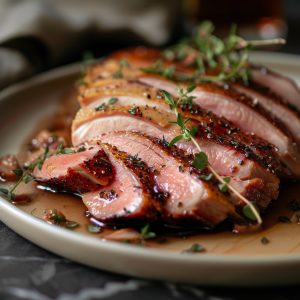Why Do I Want to Become a Gastronomst?
Gastronomy, the art and science of food, transcends mere sustenance to become a profound exploration of culture, history, and creativity. It encompasses everything from the meticulous selection of ingredients to the artistry of presentation, merging tradition with innovation.
The world of gastronomy invites us to embark on a culinary journey, where each dish tells a story, reflecting its origin’s unique landscapes, climates, and customs. This exploration isn’t confined to professional kitchens or gourmet restaurants; it thrives in home kitchens, street markets, and communal feasts. Whether it’s the slow-cooked stews of a Mediterranean village, the vibrant spices of Indian street food, or the precision of Japanese sushi, gastronomy celebrates the diversity and richness of global culinary traditions.
In recent years, the rise of food culture has elevated gastronomy to a prominent place in mainstream media. Television shows, blogs, and social media platforms brim with mouth-watering visuals and compelling narratives, inspiring a new generation of food enthusiasts. As we delve into the world of gastronomy, we discover the flavors and techniques that define different cuisines and gain a deeper appreciation for the shared human experience that food represents. Join us as we savor the tastes, aromas, and stories that make gastronomy a captivating and essential aspect of our lives.
History of Gastronomy
The history of gastronomy is a rich tapestry woven with the threads of human civilization, culture, and technological advancement. Its roots can be traced back to ancient times when early humans began to cook food over fire, discovering new flavors and textures that raw ingredients could not offer.
Gastronomy started taking shape as an art form in ancient Egypt, Greece, and Rome. The Egyptians had a sophisticated approach to food, with evidence of organized kitchens and various ingredients used in their cuisine. The Greeks introduced the concept of symposiums, where food and drink were central to philosophical discussions and social gatherings. The Romans, known for their extravagant feasts, documented recipes and culinary techniques in texts like Apicius’s “De Re Coquinaria,” one of the earliest cookbooks.
The Middle Ages saw the evolution of gastronomy in Europe, influenced by the spread of spices and ingredients through trade routes. Monasteries became centers of culinary innovation, preserving and refining cooking techniques. The Renaissance period brought further advancements, with a renewed interest in the art of cooking and the emergence of haute cuisine in the courts of France and Italy.
The 18th and 19th centuries marked the rise of gastronomy as a distinct discipline. French chef Marie-Antoine Carême is often considered the first celebrity chef, known for his elaborate and artistic presentations of food. The term “gastronomy” was popularized in this period, particularly with the publication of works like Jean Anthelme Brillat-Savarin’s “The Physiology of Taste” in 1825, which explored the philosophy and science of eating.
The 20th century brought significant changes with the advent of industrialization, global trade, and technological innovations in food production and preservation. Nouvelle cuisine emerged in the 1960s and 70s, emphasizing lighter, more delicate dishes and focusing on natural flavors and artistic presentation.
Today, gastronomy continues to evolve, influenced by globalization, sustainability concerns, and advancements in culinary science. It celebrates diversity, creativity, and the intricate relationships between food, culture, and society, making it a dynamic and ever-changing field that reflects the complexities of human life.
Can You Major in Gastronomy?
Yes, you can major in gastronomy at several institutions around the world. These programs blend the study of food with culture, history, science, and the arts. Here are some notable institutions and programs where you can major in gastronomy:
Universities and Colleges Offering Gastronomy Programs
- Boston University (USA)
- Master of Liberal Arts in Gastronomy: This interdisciplinary program covers the cultural, historical, and social aspects of food, along with practical culinary arts courses.
- University of Gastronomic Sciences (Italy)
- Bachelor’s, Master’s, and PhD Programs in Gastronomy and Food Studies: This institution, founded by the Slow Food movement, focuses on sustainable food systems, culinary arts, and food culture.
- New York University (USA)
- Food Studies Program: Offers undergraduate and graduate degrees in Food Studies, emphasizing the cultural, historical, and sociological aspects of food.
- Auckland University of Technology (New Zealand)
- Bachelor of Arts in Culinary Arts: This program explores gastronomy, culinary arts, and the food industry, blending practical skills with academic study.
Online and Continuing Education Programs
- Rouxbe Online Culinary School
- Professional Cook Certification: Provides comprehensive culinary training with a focus on foundational techniques and gastronomy.
- Apicius: The Culinary Institute of Florence (Italy)
- Study Abroad Programs and Certificates: Offers short-term and semester-long programs focusing on Italian cuisine and gastronomy.
Key Areas of Study in Gastronomy Programs
- Culinary Arts
- Practical cooking techniques, kitchen management, and recipe development.
- Food Culture and History
- The study of how food reflects and influences cultures, traditions, and historical events.
- Food Science and Nutrition
- Understanding the biological and chemical processes related to food and the principles of nutrition and health.
- Food Policy and Sustainability
- Examining food systems, policies, and practices to promote sustainable and ethical food production and consumption.
- Food Writing and Communication
- Developing writing, media, and communication skills with a focus on food-related content.
Career Paths with a Gastronomy Major
Graduates with a degree in gastronomy can pursue various careers, including:
- Chef or Culinary Instructor
- Food Writer or Critic
- Food and Beverage Manager
- Food Historian or Anthropologist
- Nutritionist or Dietitian
- Food Policy Analyst
- Culinary Consultant
- Food Entrepreneur
Majoring in gastronomy provides a broad and versatile education, equipping students with the knowledge and skills to excel in diverse roles within the culinary and food industries.













2 Responses
I am passionate about gastronomy. Cooking is an art that awakens people in wonderful sensations in people.
Informative.